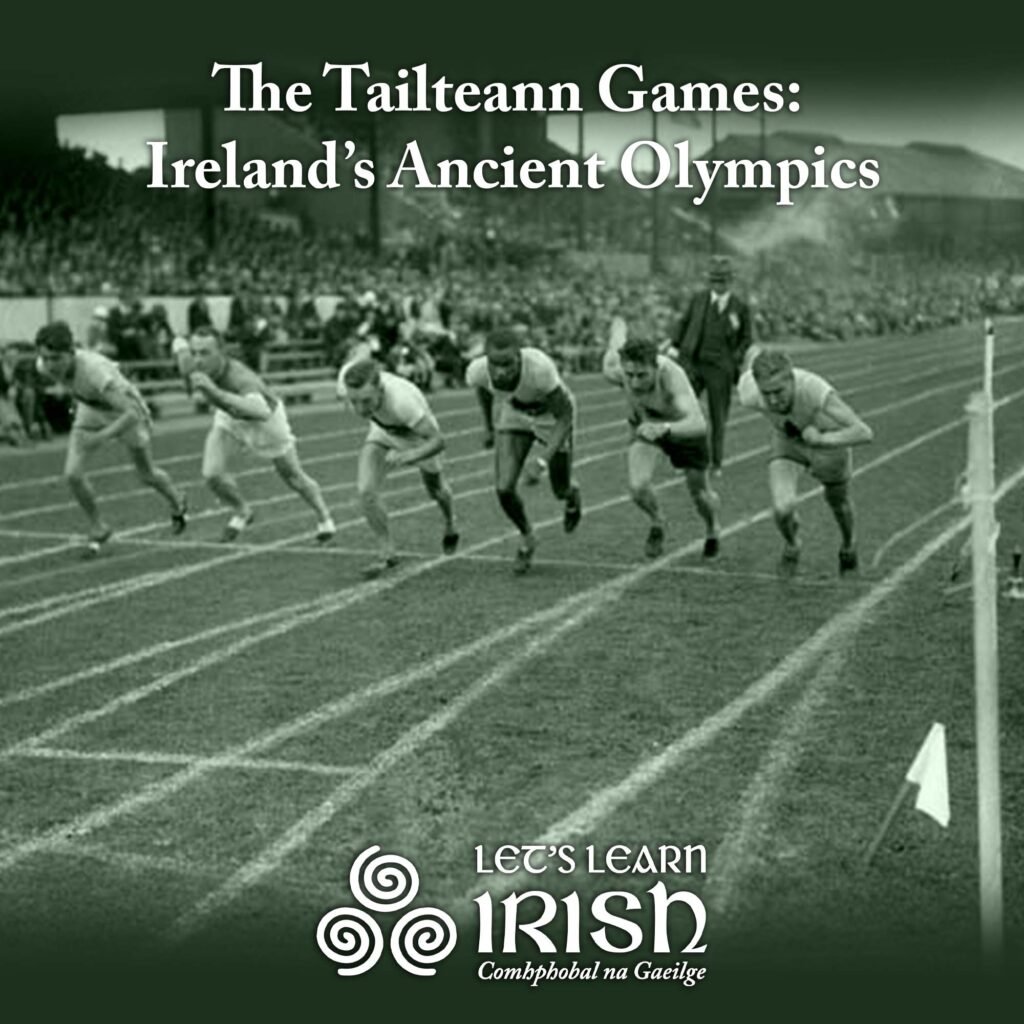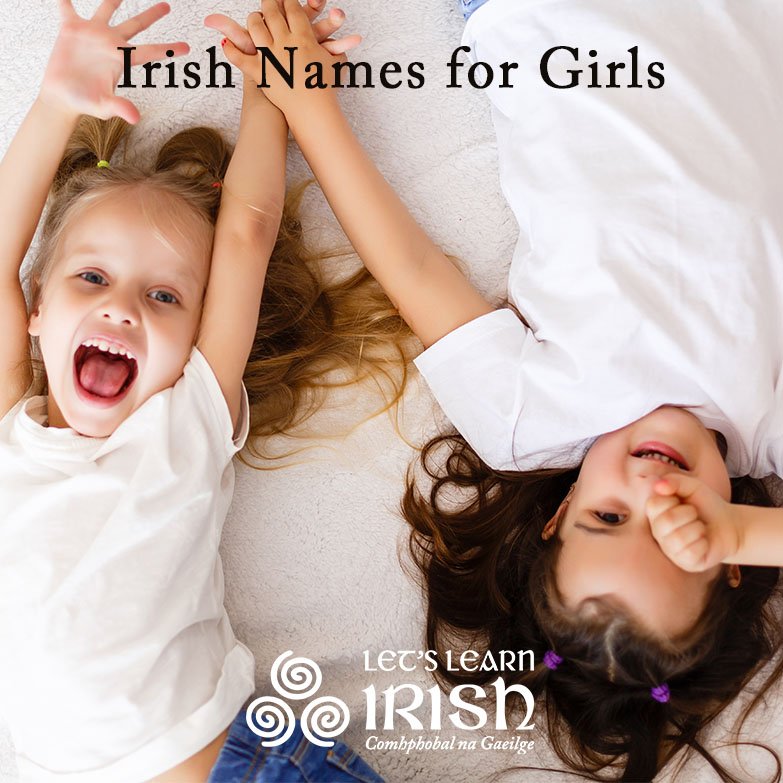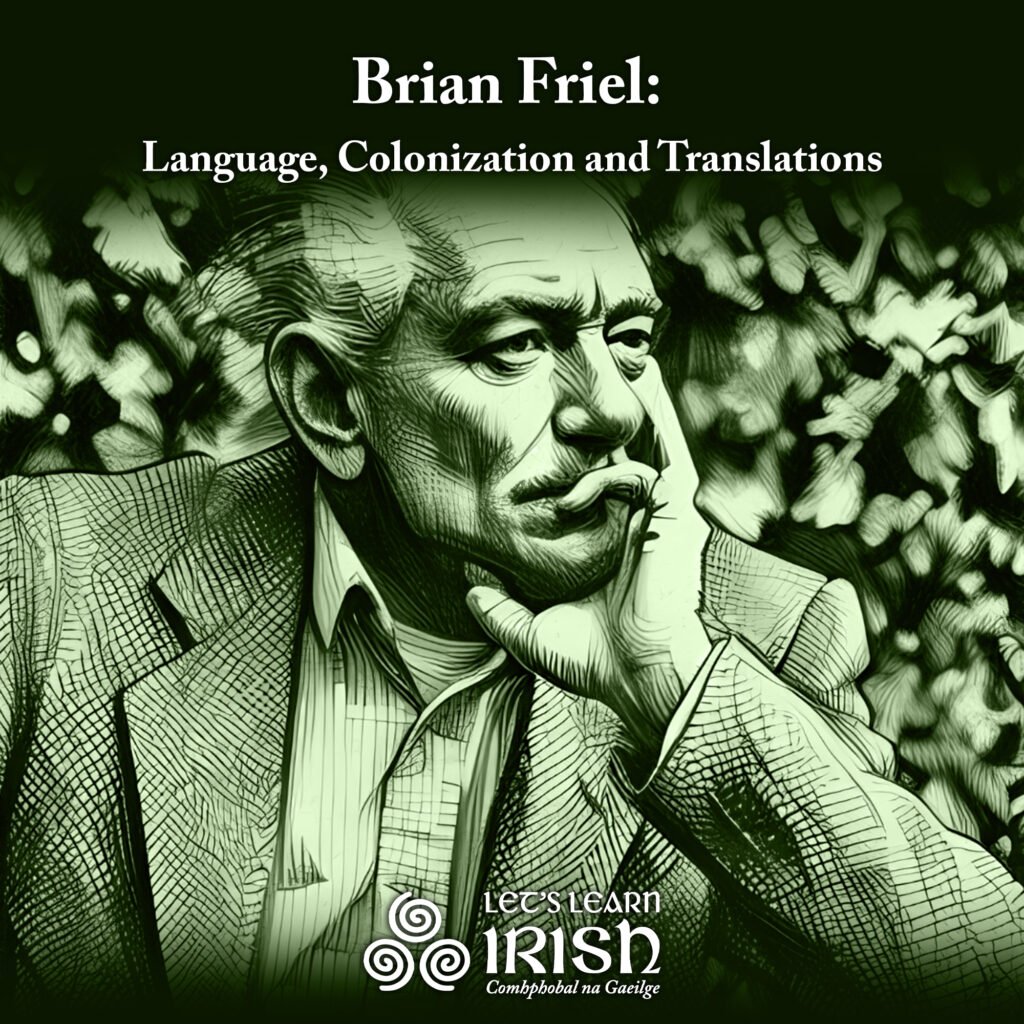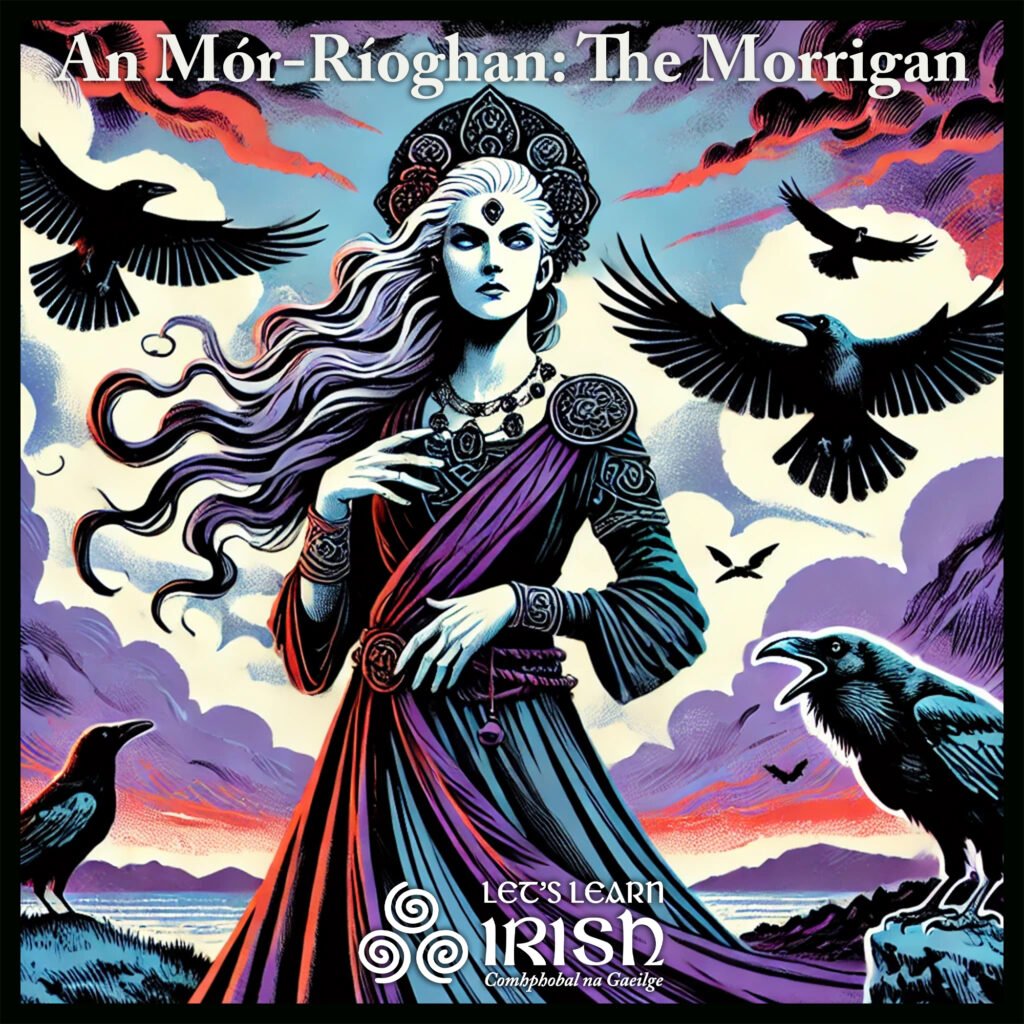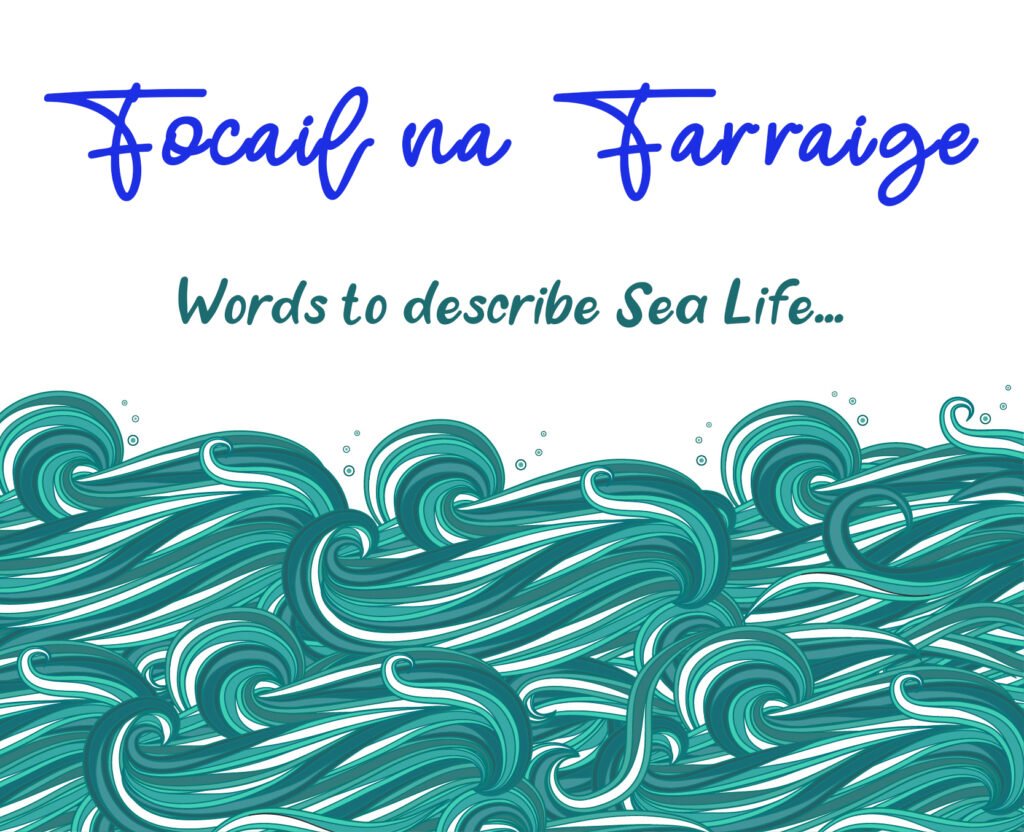Mo Pheata: My Pet

Focail / Words
Bird – Éan
Bird house/Aviary – Éanlann
Cat – Cat
Companion – Comrádaí, Compánach
Dog – Madra
Dog breeding – Tógáil madraí
Enjoyment – Taitneamh
Friend – Cara
Friendship – Cairdeas
Fun – Spraoi
A furry animal – Ainmhí clúmhach
Game – Cluiche
Goldfish – Iasc órga
Guinea pig – Muc ghuine
Hamster – Hamstar
Horse – Capall
Kennel – Conchró
Lizard – Laghairt
Love – Grá
Parrot – Pearóid
Play – Imir
Pony – Capaillín
Rabbit – Coinín
Rat – Francach
Snake – Nathair
Spider – Damhán alla
Tortoise – Toirtís
A walk – Siúlóid
Frásaí / Phrases
He is! – Tá sé!
She is! – Tá sí!
Níl sé. – He is not.
We play games. – Imrímid cluichí.
We go on walks. – Téimid ar shiúlóidí.
I have a __ and a __ – Tá __ agus __ agam.
Do you have a pet? – An bhfuil peata agat?
Is ball den chlann é – He’s a member of the family.
Do you have…? Yes. / No. – An bhfuil __ agat? Tá. / Níl.
What sort of pet do you have? – Cén sórt peata atá agat?
He/She does his/her own thing. – Déanann sé/sí a rud féin.
We relax on the couch. – Bímid ag ligean ár scíthe ar an tolg.
What do you do together? – Cad a dhéanann sibh le chéile?
Is he/she friendly? Yes. / No. – An bhfuil sé/sí cairdiúil? Tá. / Níl.
He/She is (like) a member of the family. – Tá sé/sí mar bhall den chlann.
Is there much effort involved with a pet like that? Yes. / No. – An mbíonn a lán oibre i gceist lena leithéid de pheata? Bíonn. / Ní bhíonn.
Bígí páirteach!
Join the online Irish community at LetsLearnIrish.com.
Follow on social media @LetsLearnIrish.

